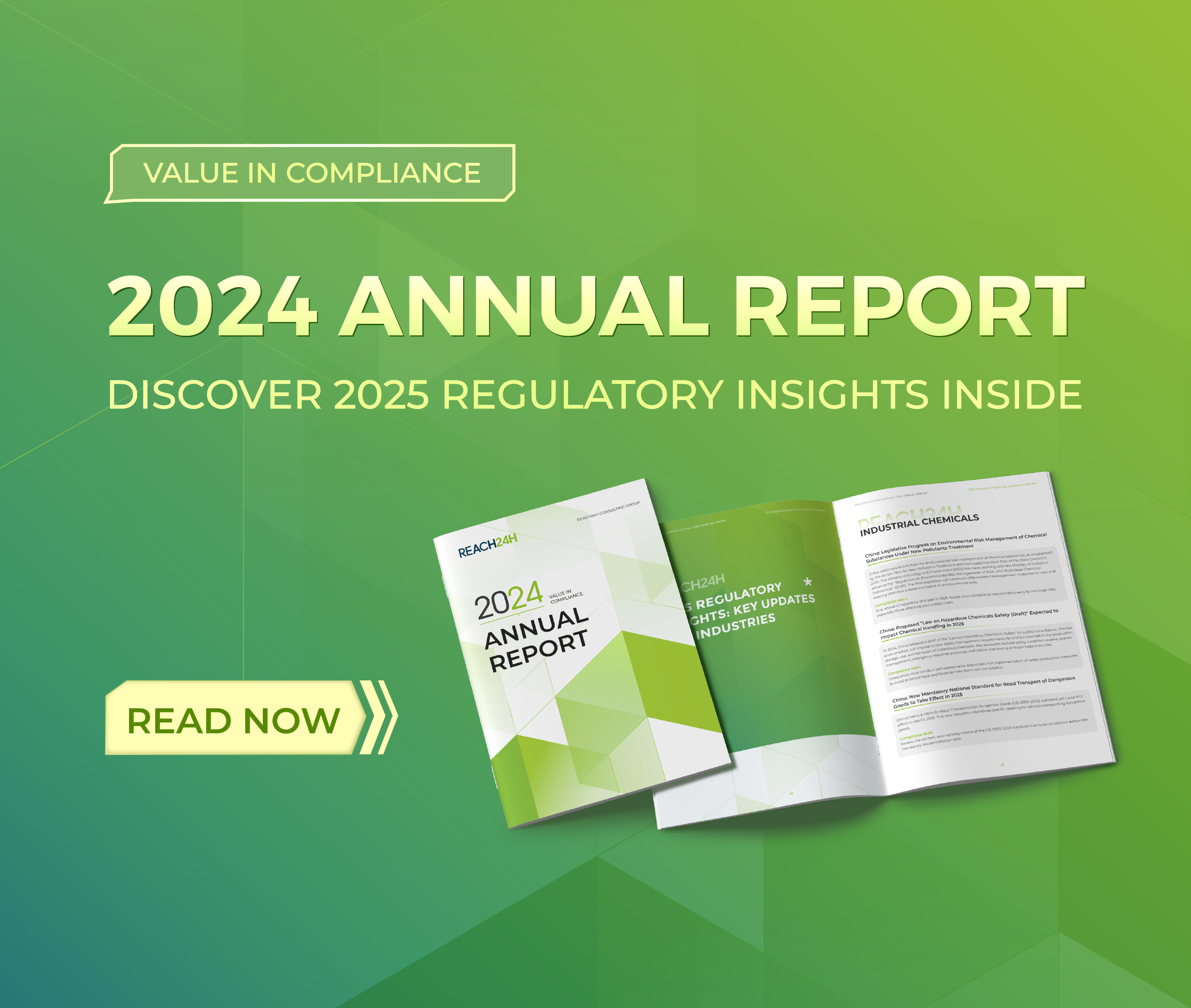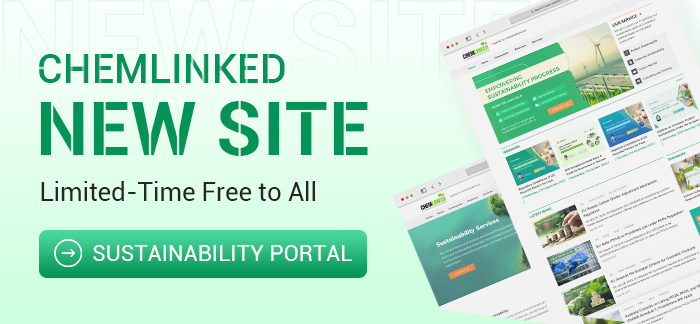EU PPP Approval Renewals: Captan, Folpet, and Metrafenone
In September 2024, the European Commission published new regulations that renew the approvals of three active substances—captan, folpet, and metrafenone—under Regulation (EC) No 1107/2009, ensuring their continued use in the agricultural sector. These renewals are vital for stakeholders, providing essential tools for pest management while emphasizing safety and environmental protection.
Captan
Captan is a broad-spectrum fungicide widely used in agriculture to control various fungal diseases in crops. Its effectiveness makes it a key component in integrated pest management systems.
The renewal of captan’s approval extends its validity until October 31, 2039, ahead of the previous expiration date of November 15, 2024. This renewal is significant for agricultural stakeholders relying on captan for crop protection. Key conditions include:
- Application Restrictions: Captan applications are limited to non-flowering periods, with a mandate for precision application equipment that reduces pesticide use by at least 61% compared to conventional methods.
- Environmental Safeguards: The renewal addresses prior concerns from the European Food Safety Authority (EFSA) about captan’s toxicity and requires confirmatory assessments on its metabolites in groundwater.
- Encouragement of Innovation: The Commission advocates for modern technologies in precision agriculture to enhance the safety and efficacy of pesticide applications.
For more details: EU Official Document on Captan.
Folpet
Folpet is a fungicide known for its protective action against a range of fungal pathogens, making it essential in various crop protection programs. It is particularly effective in controlling diseases in fruits, vegetables, and ornamental plants.
The renewal of folpet also extends until October 31, 2039, replacing the previous expiration of February 15, 2025. Significant provisions include:
- Purity Requirements: Folpet must meet strict purity standards, including limits on certain impurities.
- Risk Mitigation: Measures must be in place to protect aquatic organisms, operators, and bystanders from potential risks.
- Scientific Validation: The assessment confirmed that folpet meets the necessary criteria, despite high acute risks to fish and aquatic invertebrates, warranting protective measures.
- Reporting Obligations: By March 25, 2025, confirmatory information on phthalic acid levels from folpet use must be submitted.
For more details: EU Official Document on Folpet.
Metrafenone
Metrafenone is a fungicide primarily used in the control of downy mildew in crops such as grapes and cucumbers. Its specific mode of action makes it a valuable tool in integrated pest management strategies.
Metrafenone’s approval is renewed under similar conditions, also valid until October 31, 2039, with applications starting November 1, 2024. Key highlights include:
- Updated Regulations: The Annex to Implementing Regulation (EU) No 540/2011 has been amended to reflect the renewed approval details.
- Purity and Impurity Limits: Metrafenone must have a minimum purity of 980 g/kg, with strict limits on dimethyl sulphate impurities.
- Further Studies Required: Additional assessments are necessary to confirm the absence of harmful properties of metrafenone and its metabolites.
For more details: EU Official Document on Metrafenone.
Next Steps for Stakeholders
All stakeholders in the agricultural sector—including manufacturers, distributors, and end-users—are encouraged to familiarize themselves with these updated regulations. The implementation of these changes will commence on November 1, 2024. For comprehensive details, stakeholders can refer to the full texts published in the Official Journal of the European Union.
This decision marks a pivotal step in maintaining market access while ensuring that agricultural practices adhere to stringent safety and environmental standards.
Compliance Tips from REACH24H
To ensure compliance with the renewed regulations for captan, folpet, and metrafenone, stakeholders are advised to consider the following tips:
- Stay Informed: Regularly check for updates on regulations and guidelines related to pesticide approvals in the EU.
- Review Application Methods: Implement precision application techniques as mandated to enhance safety and minimize environmental impact.
- Conduct Risk Assessments: Evaluate the potential risks associated with the use of these substances, particularly concerning aquatic organisms and non-target species.
- Monitor Purity Levels: Ensure that all products meet the established purity requirements and are free from unacceptable impurities.
- Document and Report: Maintain thorough documentation of all assessments and submit required information, such as confirmatory data on phthalic acid levels by the specified deadlines.
- Engage with Experts: Consult with regulatory experts or compliance specialists to navigate the complexities of pesticide regulations and ensure adherence to all provisions.
By following these tips, stakeholders can effectively navigate the regulatory landscape while promoting sustainable agricultural practices.
For more details: EU Plant Protection Products Regulation (EU PPP).


